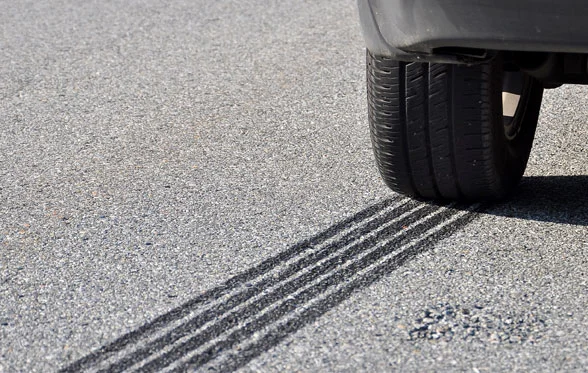During the negotiations over the introduction of mandatory carbon dioxide (CO2) emissions limits for new passenger cars in the European Union, which led to the publication of EC Regulation No. 443/2009, vehicle manufacturers and their suppliers highlighted the fact that they were working on numerous innovative technologies to reduce fuel consumption and, hence, CO2 emissions. However, although some of these new technologies were designed to provide fuel consumption and CO2 emissions benefits in "real world" driving conditions, these benefits might not be fully reflected in the results from the legislated fuel consumption and emissions tests, i.e. where the CO2 emissions benefits occur in driving conditions other than those covered by the standard drive cycle.
In recognition of this fact, specific requirements on "eco-innovations" were included in Article 12 of (EC) No. 443/2009. The requirements contained in this Article made provision for vehicle manufacturers or suppliers to apply to the European Commission for "approval" of innovative technologies that provide demonstrable CO2 emissions reductions in "real world" driving, but which have little or no effect on the CO2 emissions measured during the standard CO2 emissions test.
In July 2011, EU Implementing Regulation No. 725/2011 was published which specified the procedure to be followed for the application, assessment, approval and certification of innovative technologies that reduce CO2 emissions from passenger cars. This Regulation specifies the information that applicants must provide to the Commission (e.g. test data, calculations, statistical data, etc.) and requires that the data is verified by an independent and certified body prior to submission. Upon receipt of a completed application, the European Commission will begin the assessment process and, within nine months, will either approve or reject the application.
The first eco-innovation to receive European Commission "approval" covered the fitment of light emitting diodes (LEDs) to headlamps and registration plate lamps and was issued to Audi AG. Details of this "approval" were given in Commission Implementing Decision No. 2013/128/EU, which was published on 14th March 2013.
On 29th June 2013, the European Commission granted "approval" to a second eco-innovation. This "approval", details of which are given in Commission Implementing Decision No. 2013/341/EU, was issued to Valeo Equipments Electriques Moteur and covers their Efficient Generation Alternator.
